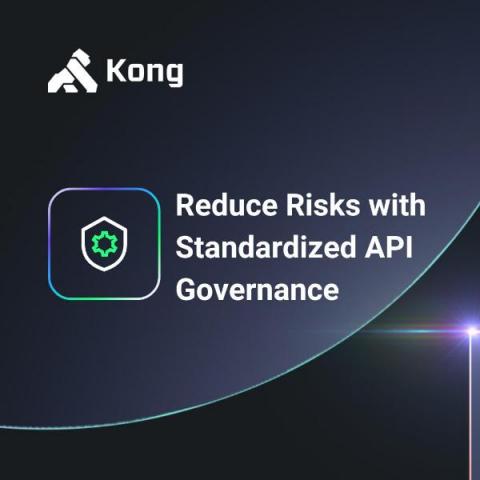What is Loose Coupling in REST APIs?
Loose coupling in REST APIs is a fundamental principle in software design that advocates for the independence of components within a design, where alterations to one component have minimal impact on the functioning of others. The allure of this approach lies in its promise of flexibility, reusability, and adaptability, especially when incorporating, replacing, or modifying components. Here’s the key things to know about loose coupling in REST APIs: Table of Contents.











